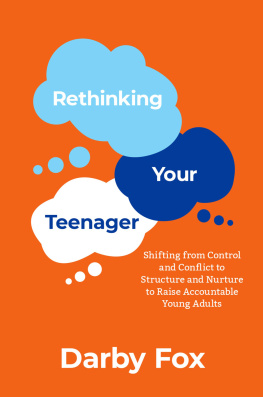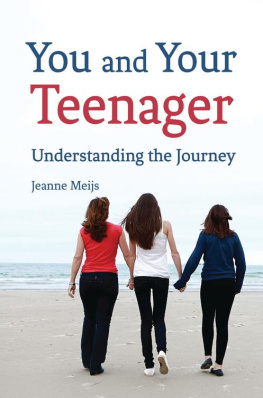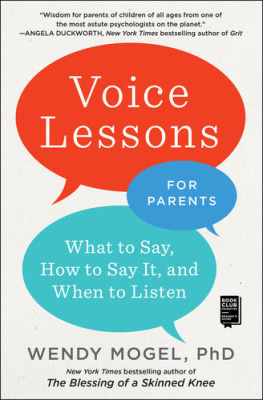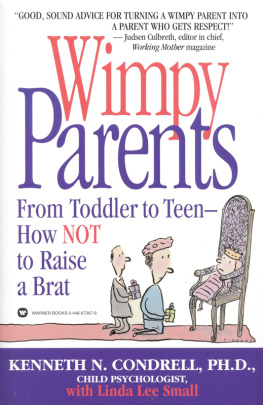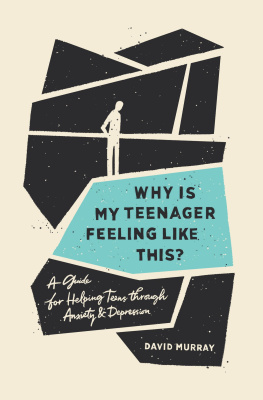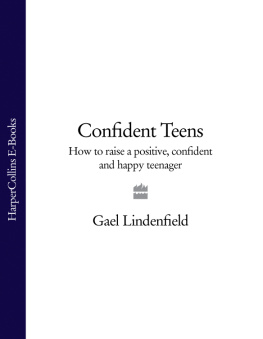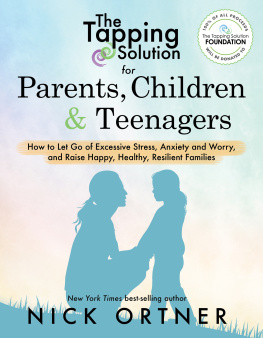Darby Fox - Rethinking Your Teenager: Shifting from Control and Conflict to Structure and Nurture to Raise Accountable Young Adults
Here you can read online Darby Fox - Rethinking Your Teenager: Shifting from Control and Conflict to Structure and Nurture to Raise Accountable Young Adults full text of the book (entire story) in english for free. Download pdf and epub, get meaning, cover and reviews about this ebook. year: 2020, publisher: Oxford University Press, genre: Home and family. Description of the work, (preface) as well as reviews are available. Best literature library LitArk.com created for fans of good reading and offers a wide selection of genres:
Romance novel
Science fiction
Adventure
Detective
Science
History
Home and family
Prose
Art
Politics
Computer
Non-fiction
Religion
Business
Children
Humor
Choose a favorite category and find really read worthwhile books. Enjoy immersion in the world of imagination, feel the emotions of the characters or learn something new for yourself, make an fascinating discovery.
- Book:Rethinking Your Teenager: Shifting from Control and Conflict to Structure and Nurture to Raise Accountable Young Adults
- Author:
- Publisher:Oxford University Press
- Genre:
- Year:2020
- Rating:5 / 5
- Favourites:Add to favourites
- Your mark:
Rethinking Your Teenager: Shifting from Control and Conflict to Structure and Nurture to Raise Accountable Young Adults: summary, description and annotation
We offer to read an annotation, description, summary or preface (depends on what the author of the book "Rethinking Your Teenager: Shifting from Control and Conflict to Structure and Nurture to Raise Accountable Young Adults" wrote himself). If you haven't found the necessary information about the book — write in the comments, we will try to find it.
The teenage years... parents fear this stage, dreading it even while watching their adorable toddlers explore the world. When it arrives, they try to control their teenager, in turn causing their teenager to push back more intensely. Its a natural instinct on both sides: teenagers are changing in every way while trying to assert their independence, and parents are faced with the challenge of coming up with rules, expectations, and standards for behavior without a genuine understanding of what is happening. But the result of this pattern is a parent-child relationship defined by conflict and reactivitya breeding ground for stress, anger, and anxiety, all of which reinforcing those same cultural stereotypes and worst fears. But it doesnt have to be this way. In this book, family therapist Darby Fox challenges parents to redefine the goals of adolescence by reorienting their focus from what they want their child to be to on who they want their child to be. Darby not only equips parents with the insight to understand the changes taking place in their childs brain and body and support their adolescents bid for independence, but also offers an approach that allows parents to engage their adolescent in a relationship instead of struggling in an endless battle for control. The book is organized around a series of persistent myths about adolescence, each of which the author tears down with a combination of cutting edge neuroscience research, developmental psychology, and her own mix of clinical observations and experience raising four children. Darby offers a new model for the parent-child relationship, encouraging parents to let go of the attempt to control their teenager and focus instead on creating mutual respect, providing structure and nurture, and encouraging independence in their developing teenager. She walks through the keys to combining structure and nurture and teaches parents how to connect with their teen while holding them accountable for their behavior. If parents approach teen years with the same thoughtful preparation, sense of awe and wonder, and responsibility that they do the early childhood years, it can be an enjoyable and rewarding developmental stage that deepens, rather than damages, parent-child relationships.
Darby Fox: author's other books
Who wrote Rethinking Your Teenager: Shifting from Control and Conflict to Structure and Nurture to Raise Accountable Young Adults? Find out the surname, the name of the author of the book and a list of all author's works by series.

